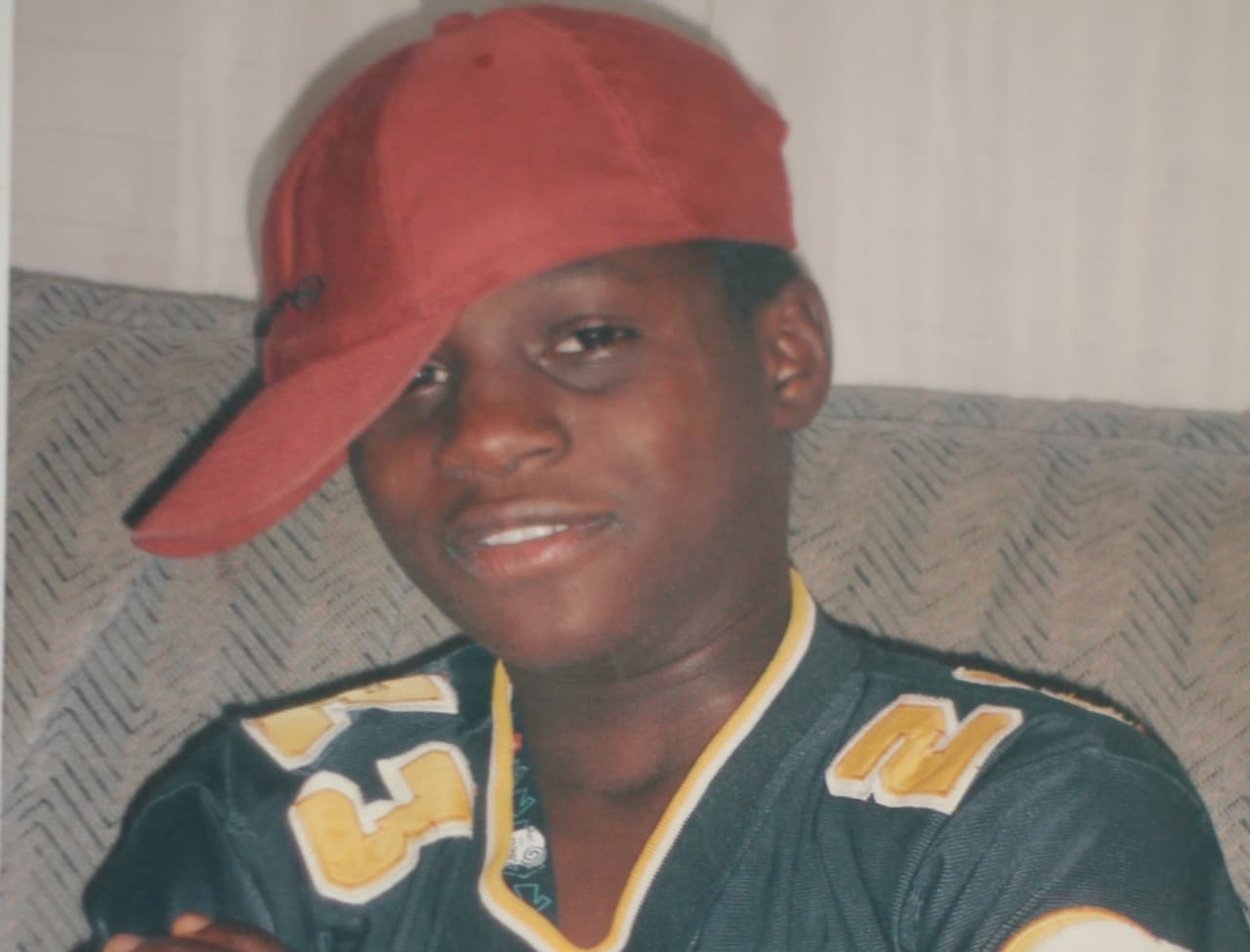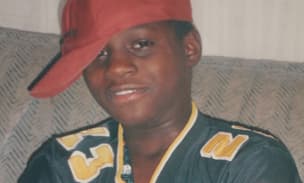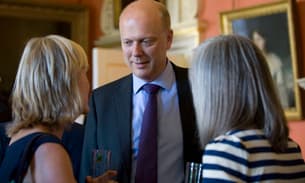
Case study: Edward Conteh – trip to the park ends in homicide conviction
It was a summer evening in 2010 and Edward Conteh wanted to stay home playing Playstation. But the 15-year-old’s friends had a different idea. They convinced him to drop the controller and head down to Home Park in Sydenham, London. Just a few hours later and Conteh would be a wanted man- facing a murder charge, despite not having wielded any weapon, struck any blow or taken any active part in events.
Conteh was charged and prosecuted using a little-known legal doctrine: joint enterprise. The 300 year-old law, which has developed through the courts rather than being enshrined in statute, allows a jury to convict those on the periphery of a crime on the same charge as those that committed the deeds.
The law allows for the conviction of gangsters, hit-men and get-away drivers. But, top lawyers worry that the law also leads to people being scooped up into convictions for crimes that they never intended to happen. People like Conteh.
Conteh’s friends had been spoiling for a fight. Some of them belonged to the ‘SG’ gang and were out to settle a score with a rival gang, the ‘Sydenham Boys’. There had been many such run-ins before, usually involving some posturing and shows of bravado but little else. That day was to be different. The two groups met in the park and a few knives were brandished before the Sydenham Boys ran off. But Nicholas Pearton, a member of the latter gang showed up late. Caught alone he was chased out of the park and stabbed in the back by one of the group: Dale Green. The 16-year-old boy staggered into a take-away shop and died.
Conteh didn’t see the stabbing take place. When Pearton was being chased down the road he stayed behind in the park, dawdling with a bike one of the boys had dropped. He did not have a knife. Minutes later he was seen cycling slowly after his friends. Later he explained that he had stayed behind because he did not want to fight.
‘When Edward came home that day it was very late,’ says Conteh’s mother Memunatu. ‘When I saw Edward’s face there was panic. I asked what happened and he said “Mummy they said my friends stabbed someone’’’, Memunatu explains. She asked what he’d seen and he explained, ‘he didn’t know it had happened and he’d been in the park, but then they’d told him they’d stabbed someone.’
The legal doctrine of joint enterprise meant that he could be arrested and tried for murder along with Green and others in his group.
On the day of the court judgment Conteh told his mum not to worry, ‘I’ll be home tonight, this will all be over with’. The teenager would not come home. He was found guilty of manslaughter and sentenced to seven years.
‘When I heard they’d given him manslaughter I nearly collapsed, I couldn’t believe it,’ says Memuatu. It was only after the trial she learnt about joint enterprise.
Conteh could be prosecuted because he knew his friends had knives, even if he did not have one himself. That was despite the fact a psychologist at the trial testified that the boy’s abnormally low IQ meant he was unusually compliant and unable to foresee consequences like others. And, it was argued, that even though he stayed behind in the park, his presence at the scene could have given the stabber the encouragement he needed to chase and kill his victim.
The teenager was on trial for a range of charges, giving the jury options for how to convict him. He was eventually acquitted of murder, but because the jury decided that he had been at the park and could have foreseen serious harm might be meted out, they were obliged to find him guilty of manslaughter using the doctrine. Conteh is an immigrant, born in Sierra Leone and with Belgian citizenship. As a foreign national prisoner, once he has served his time in prison he runs the risk of being deported to Belgium, despite the fact he has no family or friends there anymore.
Conteh’s mother is resolute. ‘The person who did the act should get life in prison, and never get out of that place. But with joint enterprise, you can be a friend and because your friend did something you have to suffer the consequences.’
Conteh’s own barrister Francis FitzGibbon agrees that the teenager’s conviction was unduly harsh. ‘I think Edward should have been acquitted of all homicide charges,’ FitzGibbon says. ‘The jury were welcome to convict him of affray [a significantly less serious charge]. But it’s a real stretch to convict him of a homicide offence. Foreseeing that someone might come to some harm should not be enough to find you guilty of a homicide offence. The law doesn’t take into proper account the grey areas and can sweep up defendants who are vulnerable and compliant and lacking the mental capacity to act differently.’
‘I want to know what crime Edward did,’ says his mother. ‘The sentence they gave him, I don’t think it’s the right sentence for my son, I don’t think so, someone who doesn’t do anything and they give him manslaughter, it’s not fair’.




